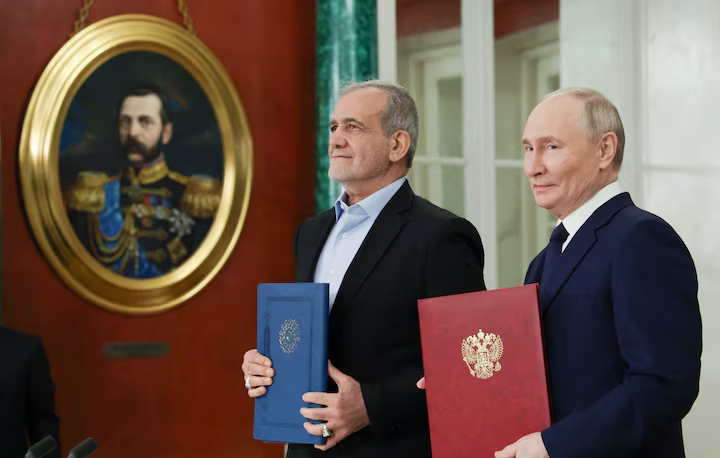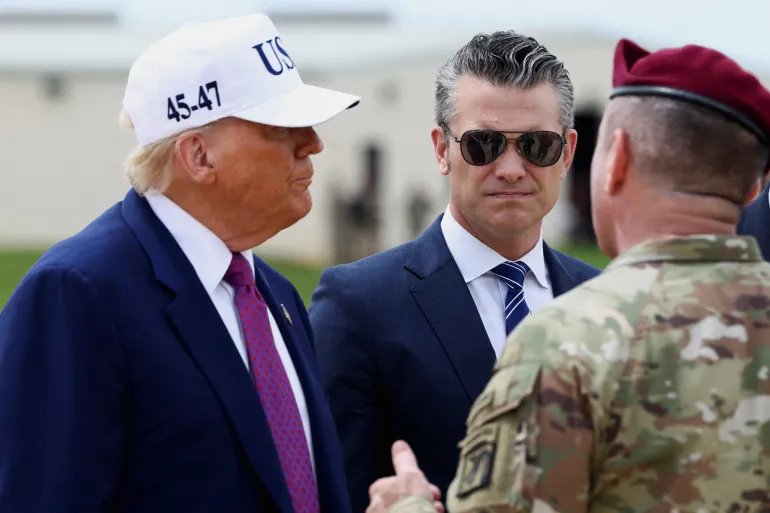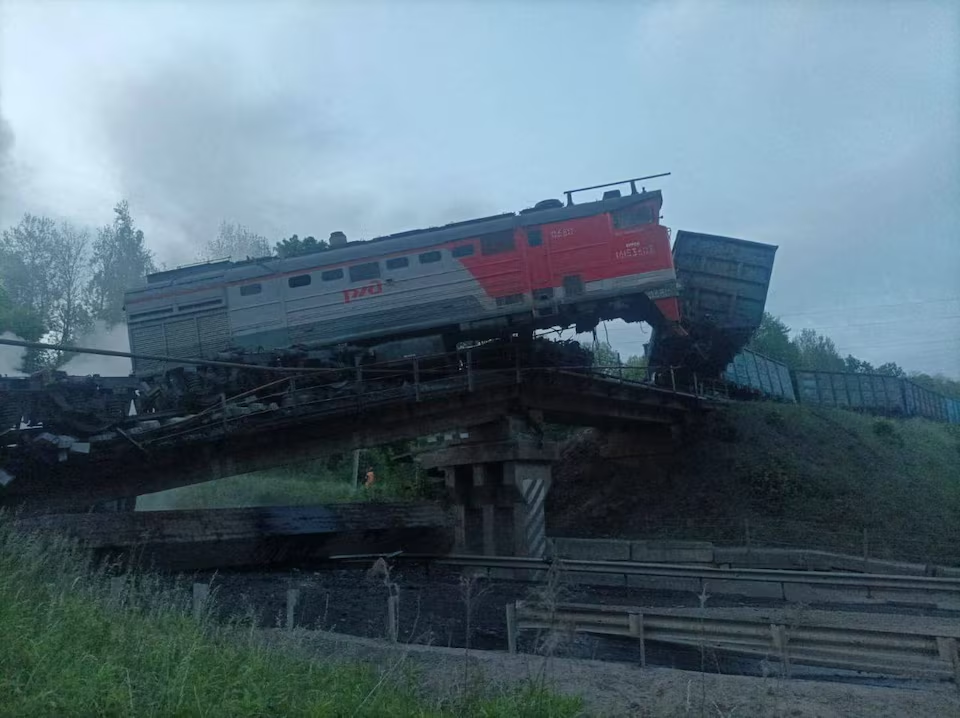Iran’s parliament has formally approved a sweeping 20-year strategic cooperation agreement with Russia, further cementing the growing alliance between the two nations amid their continued isolation from the West. The agreement was passed on Wednesday, May 21, 2025, and is seen as a major step toward strengthening military, economic, and political ties between Tehran and Moscow.
The long-term pact, which was signed earlier this year, outlines collaboration in defense, intelligence sharing, energy, infrastructure, and trade, with both countries pledging to resist what they described as “unjust Western pressure and sanctions.”
“This agreement is a turning point in Iran-Russia relations and will significantly enhance our strategic posture,” said Iranian Foreign Minister Hossein Amir-Abdollahian following the parliamentary approval.
Strategic Realignment
Both Iran and Russia are under heavy international sanctions — Iran for its nuclear activities and Russia for its ongoing war in Ukraine. The new agreement reflects their shared interest in creating a multipolar world order outside the influence of the United States and its allies.
The deal includes commitments for:
- Joint military exercises and defense technology sharing
- Expansion of oil and gas cooperation, including infrastructure investment
- Collaboration on banking and currency exchange mechanisms to bypass the U.S. dollar
- Increased arms trade, which may include Iranian drones and Russian air defense systems
- Development of transport corridors through the International North-South Transport Corridor (INSTC)
Military Cooperation in Focus
One of the most controversial aspects of the deal is its emphasis on defense cooperation. Russia has reportedly relied on Iranian-made Shahed drones in its Ukraine campaign, while Iran has expressed interest in acquiring Russian Su-35 fighter jets and advanced missile systems.
Western intelligence agencies have warned that such cooperation could significantly alter the regional military balance, especially if Iran gains access to advanced Russian surveillance and cyber warfare capabilities.
“This is not just about trade — it’s about reshaping power dynamics in the Middle East and Eurasia,” said Dina Esfandiary, a senior advisor at the International Crisis Group.
Reaction from the West and the Region
The United States and European Union have condemned the growing Iran-Russia alliance, with officials warning that the pact risks destabilizing global energy markets and undermining sanctions enforcement.
Israel has also voiced alarm over the deal, particularly over the potential for Iran to acquire sophisticated Russian weaponry. Israeli Defense Minister Yoav Gallant described the pact as a “clear and present danger” to regional security.
Gulf Arab nations, while remaining publicly neutral, are closely monitoring the developments as they recalibrate their own security and diplomatic postures in an increasingly fractured geopolitical landscape.
Energy and Infrastructure Integration
Energy cooperation is a major pillar of the pact. Russia has committed to investing in Iranian oil and gas fields, while Iran will facilitate Russian access to warm water ports and trade corridors linking Asia, the Middle East, and Europe.
Both nations are also working on alternative banking mechanisms and digital payment systems to bypass SWIFT and other Western-dominated financial infrastructure.
“We are building a new global economic framework that does not rely on the West,” said a Russian foreign ministry spokesperson.
Looking Ahead
The approval of this pact marks a strategic shift that may have lasting consequences for global alliances, particularly as China, Russia, and Iran draw closer in response to Western containment efforts.
Iran’s Supreme Leader Ayatollah Ali Khamenei has described the agreement as a “historic turning point,” indicating that Tehran sees long-term benefits in orienting eastward — both economically and militarily.
As geopolitical fault lines harden, this Iran-Russia pact represents more than a bilateral deal: it is a declaration of resistance to the Western-led international order, and a bold attempt to shape the global balance of power in their favor.
Source; Reuters



